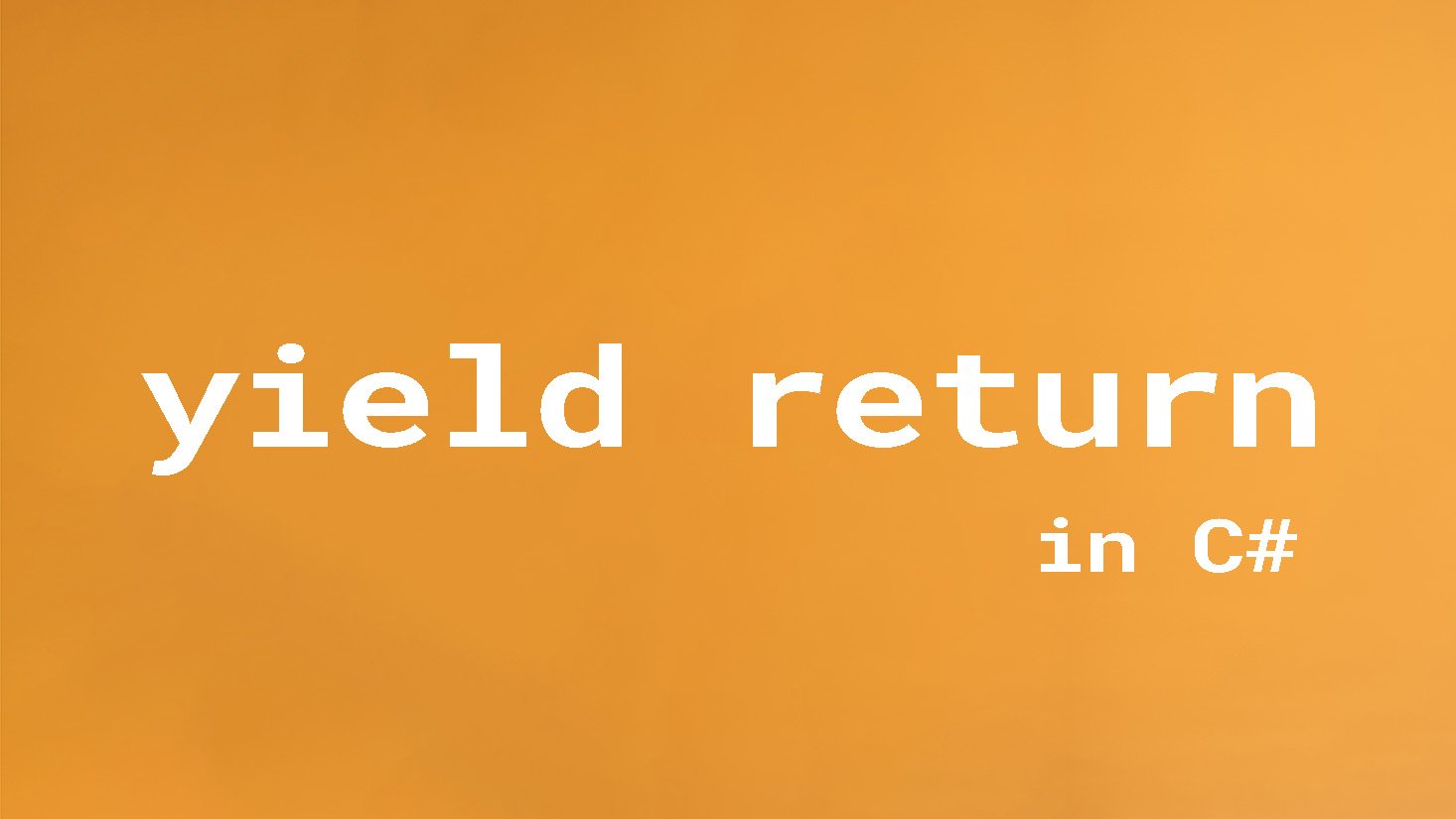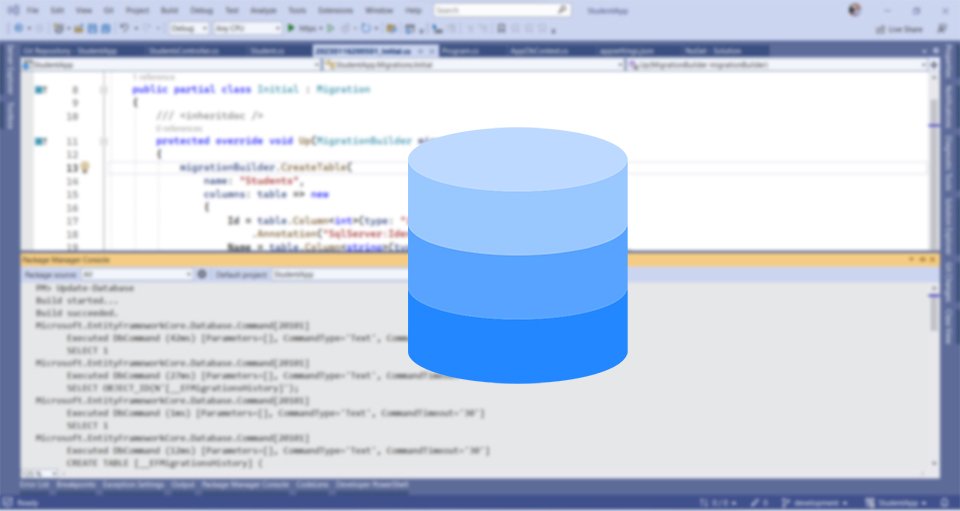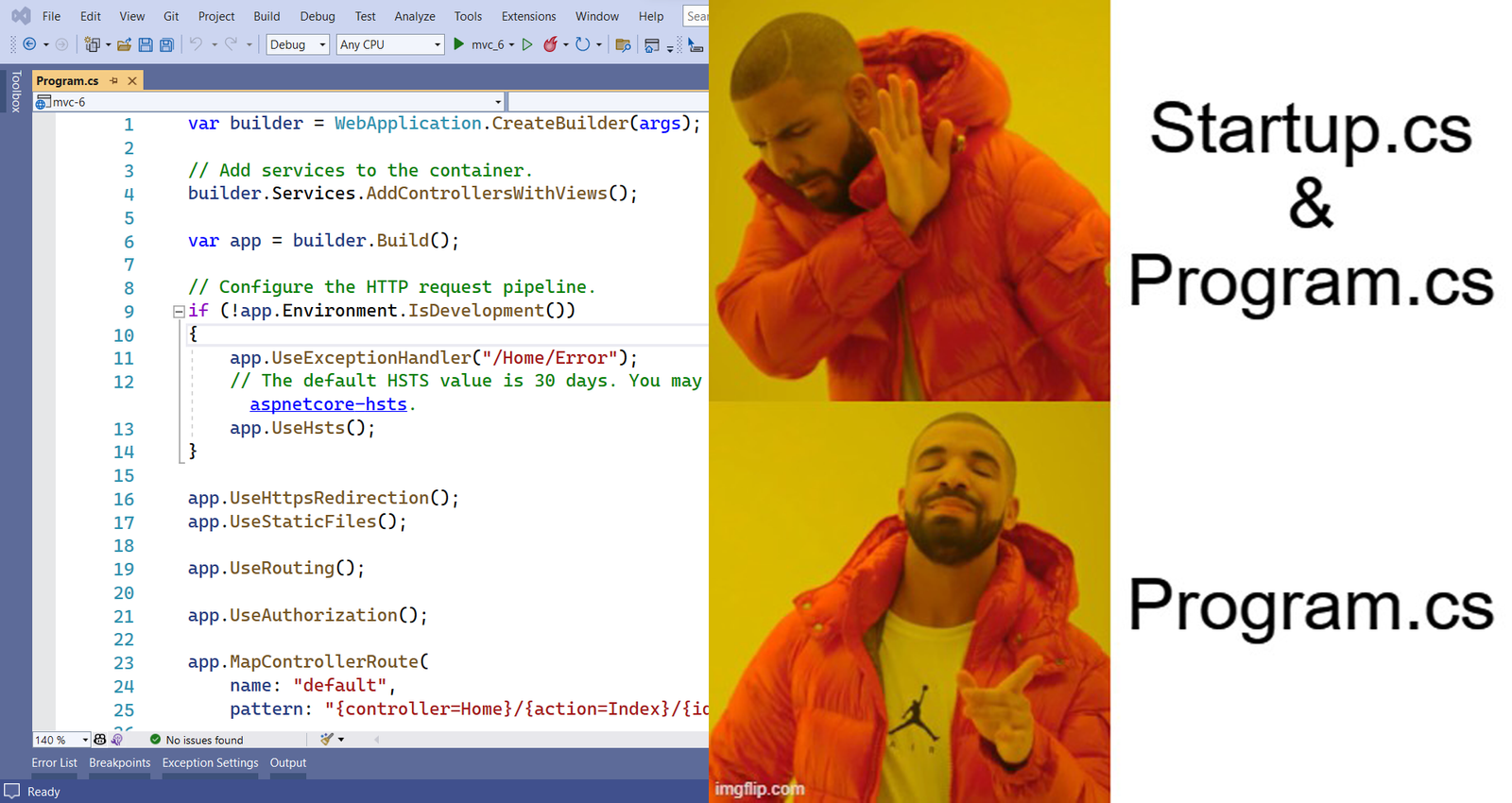In C#, the term “generic” refers to a type that is not limited to a specific data type. A generic type is declared by including a type parameter, represented by […]
Optimizing C# Code: Using ‘yield return’ to Boost Performance
One of the trickiest C# concepts is yield return. For me personally, it has been one of the hardest concepts to grasp and now that I think I have understood […]
Understanding the Differences between Singleton, Scoped, and Transient Service Lifetime in .NET
To understand the difference between Singleton, Scoped, and Transient service lifetimes it is important to understand the life cycle of Dependency Injection. The life cycle of Dependency Injection (DI) refers […]
A Step-by-Step Guide to Configuring Entity Framework in Your .NET Web API Project
Entity Framework (EF) is an Object-Relational Mapping (ORM) framework that enables developers to interact with databases in a more efficient and convenient way, rather than having to write raw SQL […]
Static vs Non-Static Classes in C#: Understanding the Differences and Use Cases
In C#, a class is a blueprint for creating objects, providing initial values for member variables or properties, and implementations of member methods or functions. A class can have fields […]
Predicate vs Func in C#
In C#, a predicate is a delegate (a type that refers to a method) or a lambda expression that takes a single parameter and returns a Boolean value indicating whether […]
Null-coalescing operator in C#
You can use the null-coalescing operator (??) to provide a default value for a nullable type or reference type. The null-coalescing operator returns the left-hand operand if it is not […]
Array vs ArrayList in C#
In C#, an Array is a collection of items that are stored in a contiguous block of memory. It is a fixed size, meaning that you must specify the size […]
Top 5 array methods in C# with examples
An array in C# is a collection of variables that are stored together in a contiguous block of memory. Arrays are used to store multiple values in a single object, […]
Migrate from ASP.NET Core 5.0 to 6.0
This article explains to update an existing ASP.NET 5 project to ASP.NET 6. I am going to use a fully-functional .NET 5 MVC application to show how you can do it step by step.









